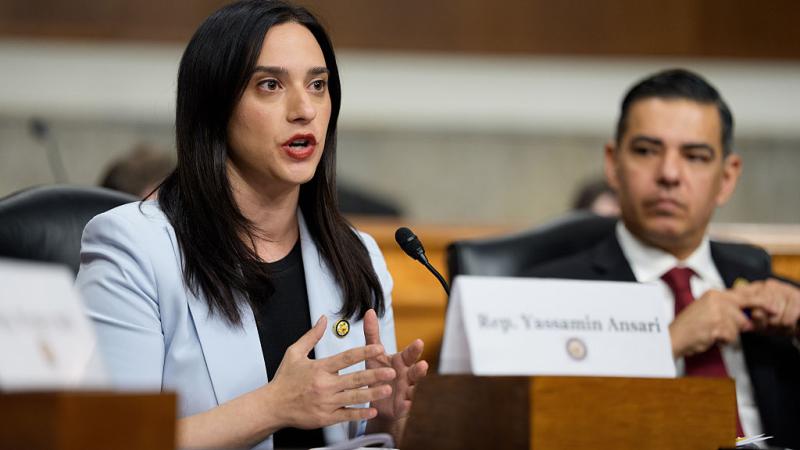Questions over federal renters' assistance linger after eviction moratorium tossed
When the first moratorium expired, Biden cast doubt on his ability to do anything about it. However, after facing political pressure, Biden signed off on extending it.
Billions of available federal dollars for rental assistance remain in limbo after the U.S. Supreme Court for a second time rejected President Joe Biden's plans to perpetuate a federal eviction moratorium without Congressional approval.
"If a federally imposed eviction moratorium is to continue, Congress must specifically authorize it," the court ruled in a 6-3 decision late Thursday, with the court's three liberal justices dissenting.
Sidestepping the court's first ruling, which said the executive branch did not have the authority alone to issue the sweeping moratorium, the Biden administration continued the eviction moratorium through a modified U.S. Centers for Disease Control (CDC) edict.
Despite its earlier decision, the high court left the first moratorium in place because it was set to expire. The Biden administration's latest moratorium, though, has also been ruled unconstitutional.
"Congress was on notice that a further extension would almost surely require new legislation, yet it failed to act in the several weeks leading up to the moratorium's expiration," the court wrote in the unsigned opinion. "It would be one thing if Congress had specifically authorized the action that the CDC has taken. But that has not happened. Instead, the CDC has imposed a nationwide moratorium on evictions in reliance on a decades-old statute that authorizes it to implement measures like fumigation and pest extermination. It strains credulity to believe that this statute grants the CDC the sweeping authority that it asserts."
When the first moratorium expired this year, Biden cast doubt on his ability to do anything about it because of the high court's ruling. However, after facing political pressure, Biden signed off on a slightly more limited moratorium.
"The bulk of the constitutional scholarship says that it's not likely to pass Constitutional muster," Biden said earlier this month, before signing off on the new moratorium the following day.
Landlords have argued the moratorium put an undue financial burden on them.
"About half of all housing providers are mom-and-pop operators, and without rental income, they cannot pay their own bills or maintain their properties," National Association of Realtors President Charlie Oppler said. "NAR has always advocated the best solution for all parties was rental assistance paid directly to housing providers to cover the rent and utilities of any vulnerable tenants during the pandemic. No housing provider wants to evict a tenant and considers it only as a last resort."
Critics have pointed out that much of the billions of dollars allocated by the federal government for rental assistance sits in state coffers, unspent because of red tape and bureaucracy.
For example, recent reporting found that in Missouri, the State Assistance for Housing Relief Program (SAFHR), had distributed just 5.2% of the $590 million in funds allocated for federal rental assistance.
"This was entirely avoidable, especially if the Administration properly managed and ensured the rental assistance Congress had already passed was sent to people who needed it," said Rep. Cathay McMorris Rodgers (R-Wash). "President Biden said himself extending the unlawful eviction moratorium was 'not likely to pass constitutional muster.' Now, as predicted, we have more uncertainty and confusion. It's because of the administration's mismanagement and disregard for the rule of law."
Rodgers went on to suggest a solution.
"Financial Services Committee Republican Leader Patrick McHenry and I continue to urge Speaker Pelosi and the Democrats to work with us on H.R. 3913, the Renter Protection Act to ensure help gets into the hands of the renters who are most in need," she said. "We sent a letter with our committee colleagues to Speaker Pelosi weeks ago urging her to take action in a bipartisan way to help both renters and property owners across the country who face eviction and the loss of their livelihoods. No one wants to see people lose their homes and the lives they've built, and another unconstitutional moratorium is clearly not the answer."











